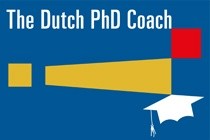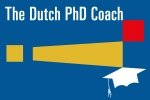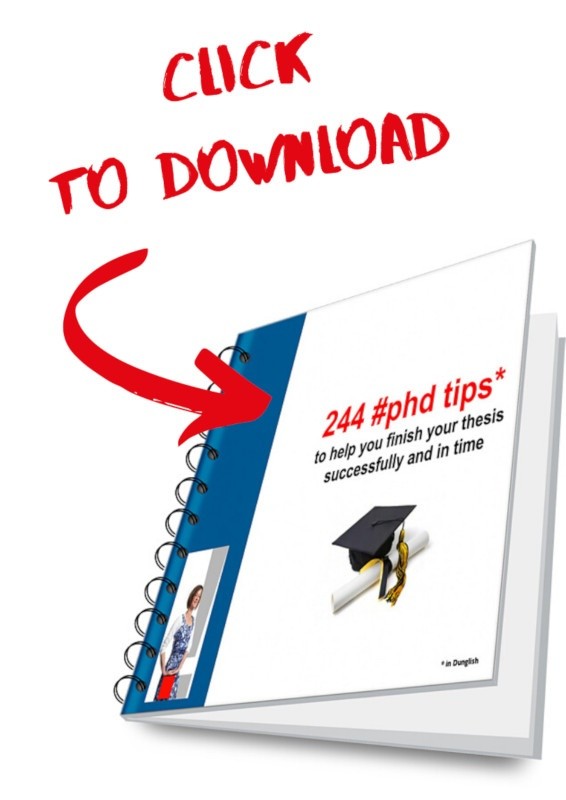At University – and in our society – intelligence is highly valued and the emphasis is on thinking. From a young age, it is instilled to think critically. You learn how to dissect things, not how to assemble them. We mainly learn to think non-constructive instead of constructive. You will see the same in the media: we will always get an answer on what is wrong with a book, a film or a television show. It is very rare that you hear something is really good or how we can use creativity. We love criticizing, things that go wrong, and mistakes that are made.
Focus on what is wrong
During school, we learn to focus on what is wrong with our thoughts and which mistakes we have made, not really what we have done right. We are criticised on grammar, spelling, and logic. The red pen is used in many ways. Most of the time there is less interest in the ideas we had or the creative solutions we came up with.
Doing a PhD, it is all kicked up a notch
During the meetings with your supervisor, you will hear what you have to improve, reviews of articles can be ruthless, and during conferences and presentations questions are always asked in a critical way.
As a result, you learn to focus on avoiding making mistakes, instead of focusing on originality. We are conditioned to be prudent and logical and are actually training our inner critic. We behave like a train that will always follow the tracks of logic.
Lessons in creativity are not in the curriculum or how to wander off the beaten track, or how to become more creative. Creativity is a necessity for your PhD: without creativity, without sudden impulses, without different perspectives, you will be running around in the same circles, you won’t find a new solution for your methodology, new impulses won’t occur and big chance you get stuck.
Intelligence block
So you have to get rid of your ‘intelligence block’, the inner voice that criticises everything that is not linear, not logical but deems it stupid and unfounded.
You have to gag your inner critic (temporarily) It is so important to use your intelligence in more ways and actually increase it. So: focus on becoming creative.
However, it can be hard to be creative. Our logical brain will protest. You will have to learn to not only use your left but also your right hemisphere to prevent being stuck in your logical left hemisphere.
What could help you?
A different way of defining could help you tremendously. You could say: ‘This sounds a bit dum, however…’ or ‘Maybe this is not logical, but it looks like….’ Or ‘I know it is not logical at all, but I wonder what would happen if….’ To define in a different way will create space in your head and will make sure you change tracks.
Just ask your inner critic to take some distance now and then. By doing so you will allow a bit more chaos. Your inner critic will be on a side track and you will have the opportunity to follow different tracks and allow other ways of thinking. Ways of thinking we are not trained to use a lot.
Some useful questions
The following questions can help you to start using more different ways of thinking.
- What do I think I should do? This question opens the door to your so well-known logical brain.
- What do I feel I should do? This will open the door to your intuition; to use the knowledge of your body.
- What do I wish to do? This question will open the door to constructive, edifying intelligence.
- What would I do if I didn’t think it is impossible? By answering this question, you will clarify your own boundaries and limitations so you can push the boundaries and create more possibilities.
- What kind of plan can I create which holds all the answers?
These questions are from the book ‘The artist’s way at work’ by Mark Byron and others.
Ask yourself these questions and I am sure you will find new creative approaches.




